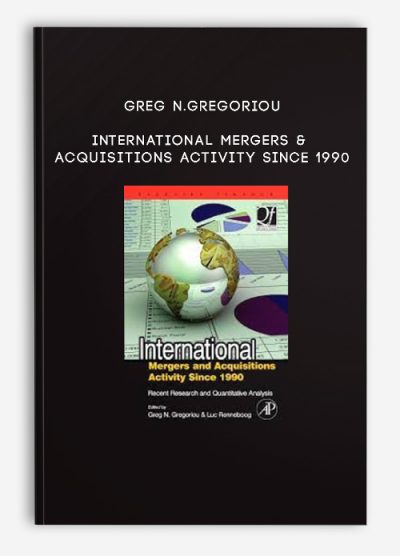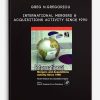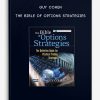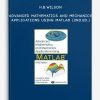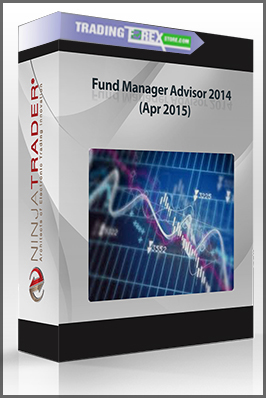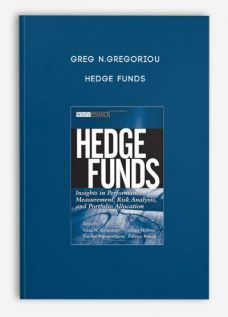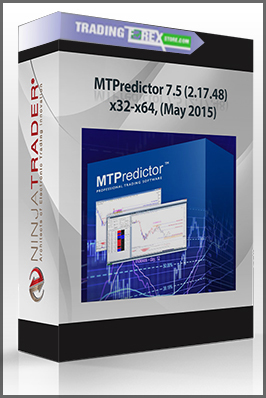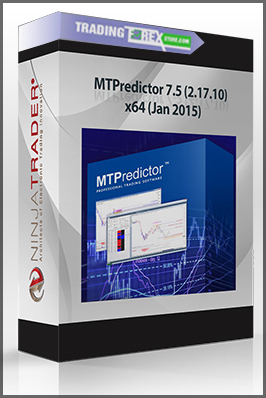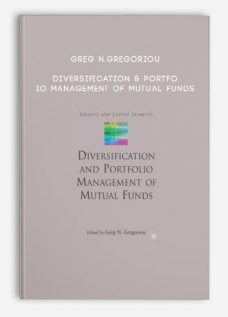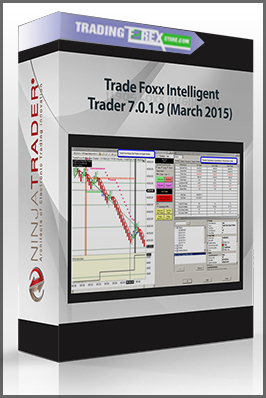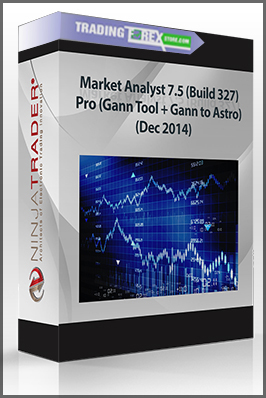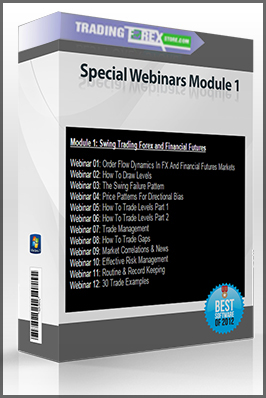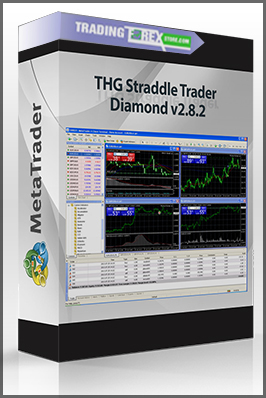Greg N.Gregoriou – International Mergers & Acquisitions Activity Since 1990
$22.00
- Description
Description
Greg N.Gregoriou – International Mergers & Acquisitions Activity Since 1990
Get Greg N.Gregoriou – International Mergers & Acquisitions Activity Since 1990 on bestoftrader.com
Description:
It is now a well-know fact that mergers and acquisitions activity comes in waves. The most recent wave, the 5th takeover wave of the 1990s, was characterized by an unprecedented number of corporate restructurings in terms of mergers and acquisitions (M&As), public-to-private transactions, spin-offs and divestitures, and leveraged recapitalizations. Following the collapse of the stock market in March 2000, M&A activity slumped dramatically, but this pause ended in the second half of 2004 when takeover deals occurred again quite frequently. Indeed, some observers wonder whether the 6th takeover wave has started. The takeover wave in the 1990s was particularly remarkable in terms of size and geographical dispersion. For the first time, Continental European firms were as eager to participate as their US and UK counterparts, and M&A activity in Europe hit levels similar to those experienced in the US. Due to its financial impact and the unprecedented activity in Continental Europe, the 5th takeover wave of the 1990s and recent takeover activity (in biotech, utilities, pharmaceuticals) have triggered a great deal of interesting academic research. This volume brings together a selection of insightful papers. An impressive group of international authors address the following themes: takeover regulation; the cyclical pattern of the M&A markets and probable causes and effects; methods to determine the performance of success of M&A actions; cross border deals; means of payment and its effects; studies of hostile bids; high leverage takeovers and delistings.
*A selection of the best and latest quantitative research on M&A activity worldwide
*Impressive collection of international authors
*Provides important insights and implications for practitioners
About the Author
A native of Montreal, Professor Greg N. Gregoriou obtained his joint Ph.D. in finance at the University of Quebec at Montreal which merges the resources of Montreal’s four major universities McGill, Concordia, UQAM and HEC. Professor Gregoriou is Professor of Finance at State University of New York (Plattsburgh) and has taught a variety of finance courses such as Alternative Investments, International Finance, Money and Capital Markets, Portfolio Management, and Corporate Finance. He has also lectured at the University of Vermont, Universidad de Navarra and at the University of Quebec at Montreal.
Professor Gregoriou has published 50 books, 65 refereed publications in peer-reviewed journals and 24 book chapters since his arrival at SUNY Plattsburgh in August 2003. Professor Gregoriou’s books have been published by McGraw-Hill, John Wiley & Sons, Elsevier-Butterworth/Heinemann, Taylor and Francis/CRC Press, Palgrave-MacMillan and Risk Books. Four of his books have been translated into Chinese and Russian. His academic articles have appeared in well-known peer-reviewed journals such as the Review of Asset Pricing Studies, Journal of Portfolio Management, Journal of Futures Markets, European Journal of Operational Research, Annals of Operations Research, Computers and Operations Research, etc.
Professor Gregoriou is the derivatives editor and editorial board member for the Journal of Asset Management as well as editorial board member for the Journal of Wealth Management, the Journal of Risk Management in Financial Institutions, Market Integrity, IEB International Journal of Finance, and the Brazilian Business Review. Professor Gregoriou’s interests focus on hedge funds, funds of funds, commodity trading advisors, managed futures, venture capital and private equity. He has also been quoted several times in the New York Times, Barron’s, the Financial Times of London, Le Temps (Geneva), Les Echos (Paris) and L’Observateur de Monaco. He has done consulting work for numerous clients and investment firms in Montreal. He is a part-time lecturer in finance at McGill University, an advisory member of the Markets and Services Research Centre at Edith Cowan University in Joondalup (Australia), a senior advisor to the Ferrell Asset Management Group in Singapore and a research associate with the University of Quebec at Montreal’s CDP Capital Chair in Portfolio Management. He is on the advisory board of the Research Center for Operations and Productivity Management at the University of Science and Technology (Management School) in Hefei, Anhui, China.
Bond -Stock Trading course: Learn about Bond -Stock Trading
Bond trading definition
Bond trading is one way of making profit from fluctuations in the value of corporate or government bonds.
Many view it as an essential part of a diversified trading portfolio, alongside stocks and cash.
A bond is a financial instrument that works by allowing individuals to loan cash to institutions such as governments or companies.
The institution will pay a defined interest rate on the investment for the duration of the bond, and then give the original sum back at the end of the loan’s term.
A stock trader or equity trader or share trader is a person or company involved in trading equity securities.
Stock traders may be an agent, hedger, arbitrageur, speculator, stockbroker.
Such equity trading in large publicly traded companies may be through a stock exchange.
Stock shares in smaller public companies may be bought and sold in over-the-counter (OTC) markets.
Stock traders can trade on their own account, called proprietary trading, or through an agent authorized to buy and sell on the owner’s behalf.
Trading through an agent is usually through a stockbroker. Agents are paid a commission for performing the trade.
Major stock exchanges have market makers who help limit price variation (volatility) by buying and selling a particular company’s shares on their own behalf and also on behalf of other clients.

